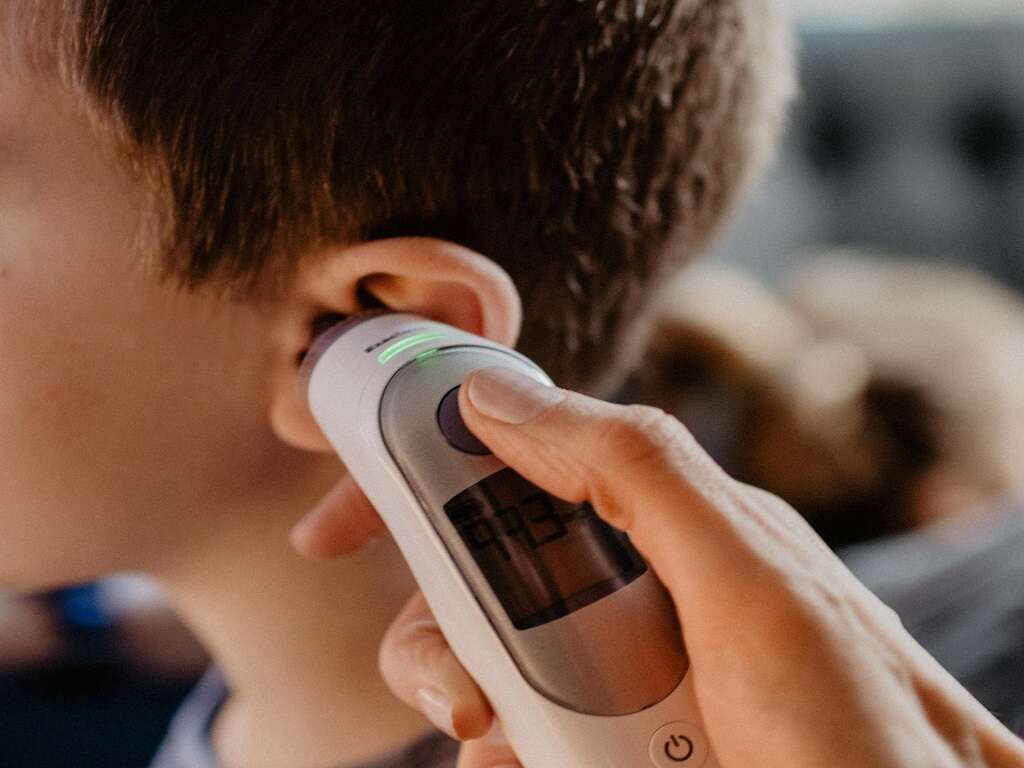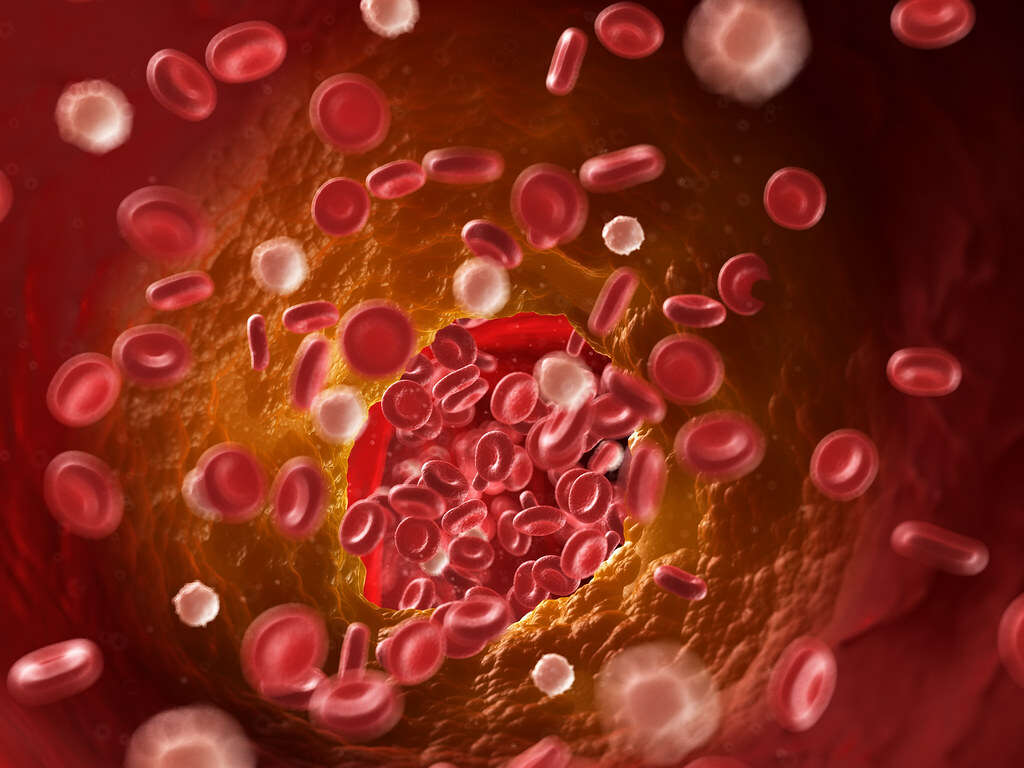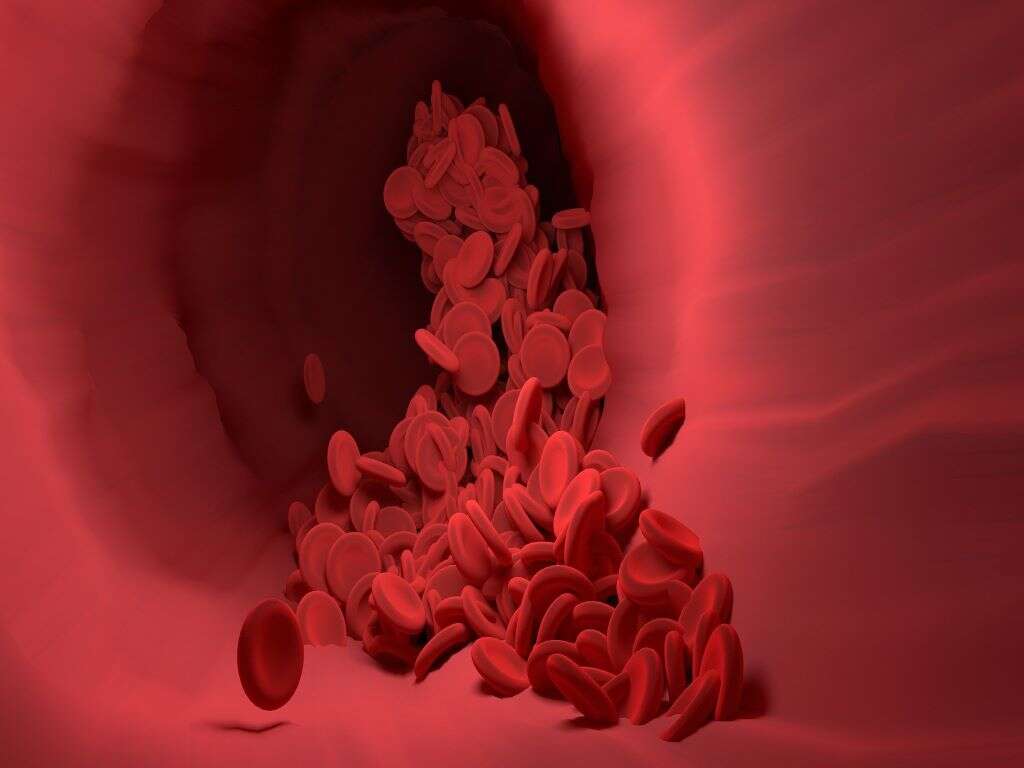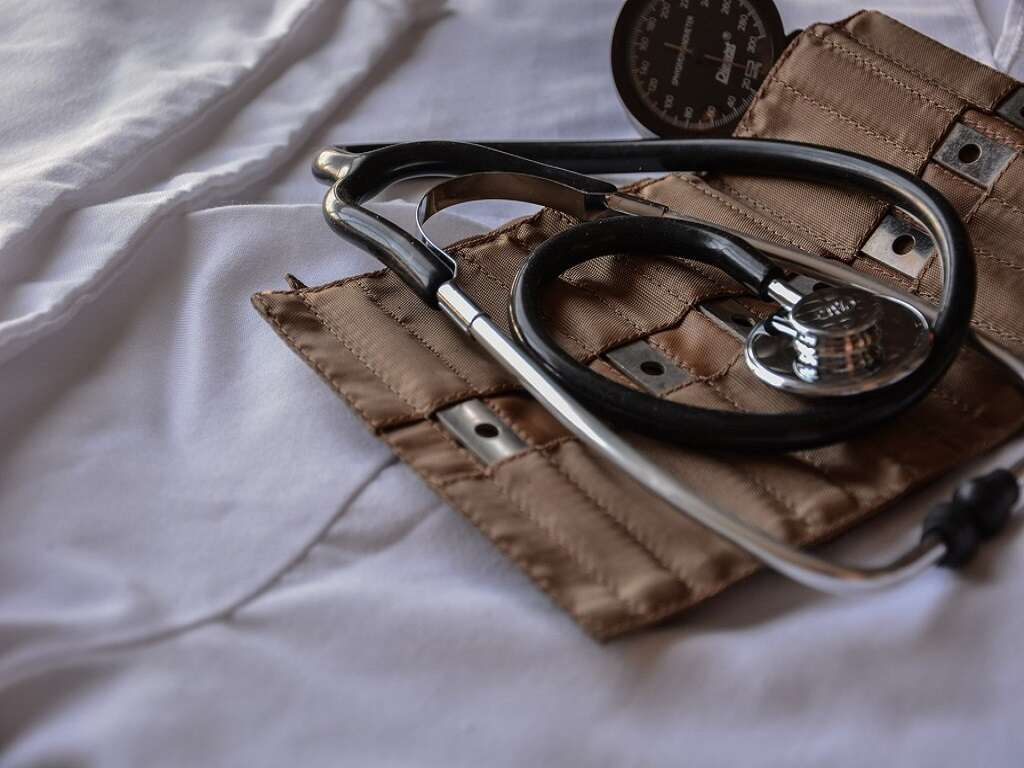Blood Poisoning Symptoms, Treatments and More
 Article Sources
Article Sources
- 1. 'Blood Poisoning: When to See a Doctor.' Mayo Clinic, Mayo Foundation for Medical Education and Research, 22 Apr. 2020, www.mayoclinic.org/blood-poisoning/expert-answers/faq-20058534
- 2. NHS Choices, NHS, www.nhs.uk/conditions/sepsis/.
- 3. NHS Choices, NHS, www.nhs.uk/conditions/sepsis/who-can-get-it/.
- 4. NHS Choices, NHS, www.nhs.uk/conditions/sepsis/treatment-and-recovery/.
- 5. 'What Is Sepsis?' Centers for Disease Control and Prevention, Centers for Disease Control and Prevention, 27 Jan. 2021, www.cdc.gov/sepsis/what-is-sepsis.html.
- 6. 'Get Ahead of Sepsis – Know the Risks. Spot the Signs. Act Fast.' Centers for Disease Control and Prevention, Centers for Disease Control and Prevention, 27 Aug. 2020, www.cdc.gov/patientsafety/features/get-ahead-of-sepsis.html.
- 7. 'Sepsis.' Mayo Clinic, Mayo Foundation for Medical Education and Research, 19 Jan. 2021, www.mayoclinic.org/diseases-conditions/sepsis/symptoms-causes/syc-20351214.
6. When to See A Doctor
Any time there is an infection, blood poisoning is a rare, but possible risk. If a person is recovering from a recent medical procedure or illness, even a routine one, and they develop chills, with or without shaking, and a sudden fever, they should talk with a doctor right away.1‘Blood Poisoning: When to See a Doctor.’ Mayo Clinic, Mayo Foundation for Medical Education and Research, 22 Apr. 2020, www.mayoclinic.org/blood-poisoning/expert-answers/faq-20058534
If a person notices that a wound or an illness isn't getting better or is getting suddenly worse, they should see a doctor to make sure the infection hasn't reached the blood.6‘Get Ahead of Sepsis – Know the Risks. Spot the Signs. Act Fast.’ Centers for Disease Control and Prevention, Centers for Disease Control and Prevention, 27 Aug. 2020, www.cdc.gov/patientsafety/features/get-ahead-of-sepsis.html.
Advertisement











